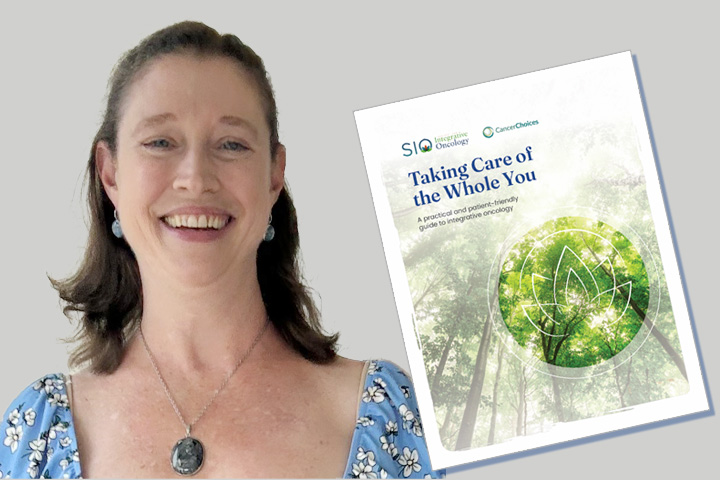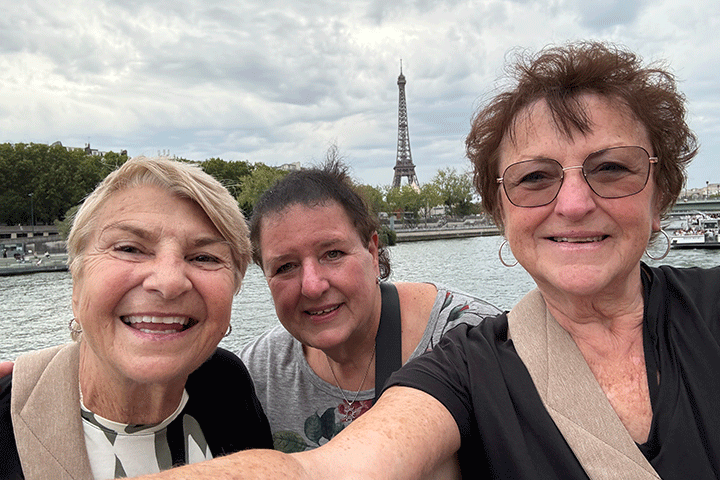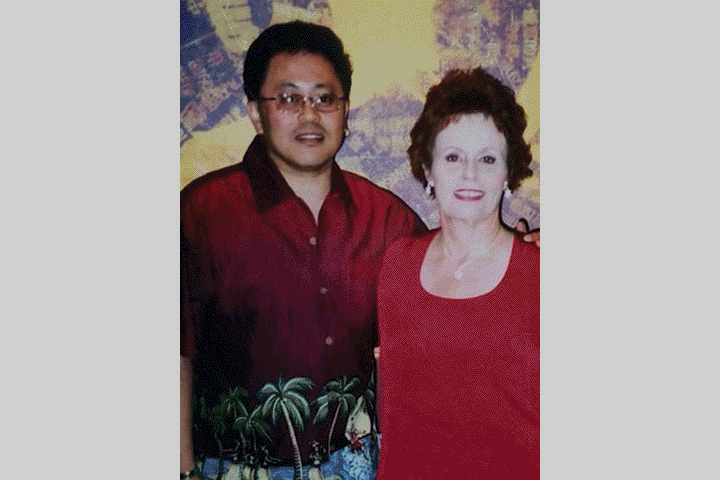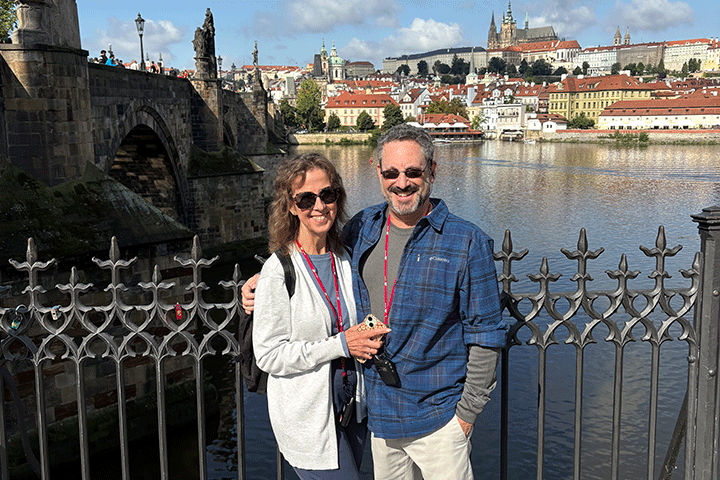A Second Opinion Makes the Difference
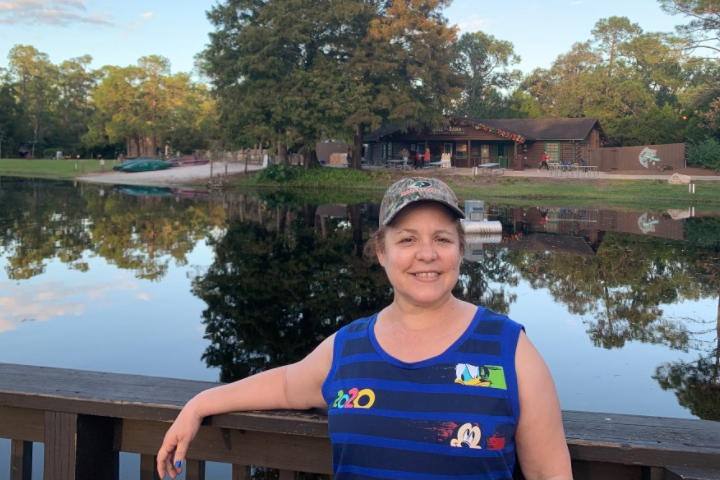
- Stage IV pancreatic cancer diagnosis
- A second opinion gives me hope
- Genetic testing finds BRCA mutation
- Participating in a clinical trial
In June of 2018 I was diagnosed with stage IV pancreatic cancer; I was 53 years old.
I went to my gastroenterologist doctor because of some discomfort from irritable bowel syndrome (IBS). During this visit, my doctor ordered an ultrasound right there in his office to check. The ultrasound showed a dark shadowy area in my stomach area. He was concerned and wanted me to get further evaluated with a more in-depth test. So my gastro ordered an EUS (endoscopic ultrasound) at my local hospital. I was not concerned at all about my results since I didn’t really have any pain and my stomach discomfort had virtually gone away. But my gastro doctor’s office called me to see him to get my results.
When I arrived at the doctor’s office, the nurse took my vitals and left me waiting in a patient room. When the doctor came into the room, he looked at me and said, “Follow me.” We went to his private office, where he told me to have a seat. Then my doctor gave me the devastating news that I had pancreatic cancer. He made an appointment for me to go see an oncologist and a surgeon at a hospital close by.
A Second Opinion and Hope
After going to my local hospital to see an oncologist and a surgeon, I was basically told to go home and get my life in order and prepare for my end of life. I was devastated.
I decided to get a second opinion. I chose to go to the University of Miami’s Sylvester Comprehensive Cancer Center for that opinion. I met with Dr. Alan Livingstone, one of UM’s best surgeons, and he confirmed that I could not be operated on since my tumor was too close to my main arteries and other tumors had metastasized to several areas in my abdominal wall. This did not dissuade him from treating me. He said, “Don’t worry, I am going to introduce you to Dr. Peter Hoseinand he will be your oncologist.” He gave me hope.
When I met Dr. Hosein with my family, after questioning me about my family history regarding cancer, he immediately gave me more hope. Dr. Hosein never gave up on me and used all of the resources at the University to do genetic testing. We discovered that I have the BRCA gene mutation. This enabled him to target the chemotherapy treatment best suited for me.
After going through almost six months of chemotherapy with FOLFIRINOX treatments, my tumors had shrunk and nearly disappeared. I was further enrolled in a TAPUR clinical trial using a PARP inhibitor to help keep the cancer from coming back. I am still on that trial.
I had side effects from the chemo, ones that many people experience, such as vomiting, nausea, and diarrhea. The worst side effect, which has not gone away, is neuropathy, where I don’t feel my feet or they feel numb. But I cannot really complain about side effects and they do not really matter since I am still alive.
My Advice for Other Patients
I am now a cancer survivor and owe my life-saving efforts to Dr. Hosein, the University of Miami, and all the great nurses and doctors that have treated me there. I will always be forever grateful to Dr. Hosein and all of the great people at UM. I like to share my story with other patients and encourage them to get a second opinion.
In summary, if you or anyone you know is given a diagnosis of pancreatic cancer, always get a second opinion, seek out the best doctors and hospitals in your area if possible, or travel to an NCI-designated hospital for treatment. Seek help from Let’s Win, PanCAN, and all the organizations that help pancreatic cancer patients and caregivers. Seek help from your church, because prayers and support from your clergy and family will help you get through this.
Above all else, never give up on your fight, it’s your life.
Six and a half years after her diagnosis, Irma passed away. She turned to clinical trials as part of her treatment, an important part of advancing the science. We offer our deepest sympathy to her family.



